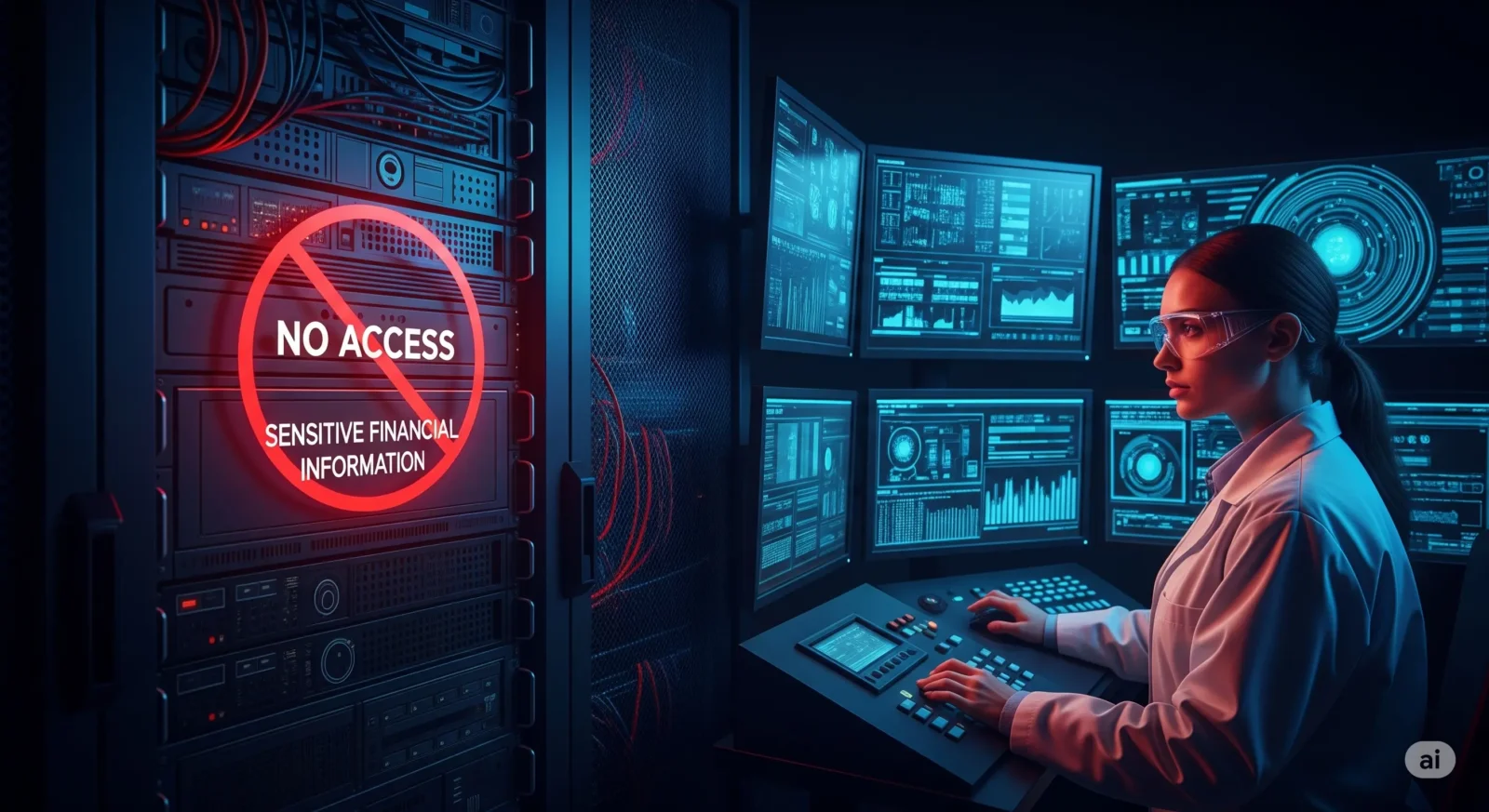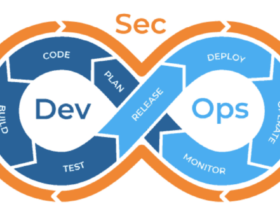The recent Elon Musk DOGE treasury ban cybersecurity risks when a federal judge temporarily blocked the Department of Government Efficiency’s access to sensitive U.S. financial systems. This incident underscored the stringent security protocols and potential legal challenges involved in safeguarding vast amounts of government data.
The Department of Government Efficiency (DOGE) and Its Mission
The Department of Government Efficiency (DOGE) was reportedly formed under a presidential administration with the stated goal of identifying and eliminating wasteful spending and increasing efficiency across federal agencies. Led by prominent figures like Elon Musk, the initiative aimed to apply a private-sector, tech-driven approach to government operations. To achieve its objectives, DOGE sought access to various federal systems, including the highly sensitive U.S. Treasury payment systems.
The Treasury’s systems process trillions of dollars annually in federal payments, including:
- Social Security benefits
- Medicare and Medicaid payments
- Veterans’ benefits
- Tax refunds
- Federal salaries and vendor payments
Gaining access to such systems would, in theory, allow DOGE to scrutinize spending patterns, identify inefficiencies, and propose significant cost-cutting measures. However, this level of access to critical financial infrastructure immediately raised alarms regarding data privacy and cybersecurity.
The Federal Injunction: Why Access Was Blocked
The “ban” or, more accurately, the temporary injunction against Elon Musk’s DOGE team accessing Treasury records stemmed from a lawsuit filed by a coalition of state attorneys general. Their primary arguments revolved around the legality of granting a non-governmental entity, even one appointed by the President, such extensive access to highly sensitive federal data without proper legal authorization and security clearances.
A federal judge issued a preliminary injunction, citing significant cybersecurity risks and concerns about irreparable harm if sensitive and confidential information were to be disclosed or if the systems became more vulnerable to hacking. Key points raised in the legal challenge and the judge’s ruling included:
- Lack of Legal Authority: The lawsuit questioned the legal basis for granting DOGE full access to Treasury systems, arguing that it violated federal administrative law and the constitutional separation of powers.
- Cybersecurity Vulnerabilities: The judge specifically expressed concern about the “heightened risk that the systems in question will be more vulnerable than before to hacking.” This was amplified by reports of a 25-year-old DOGE staffer allegedly being mistakenly granted full administrative access to payment systems, a level of access far beyond the initially claimed “read-only.”
- Protection of Private Information: The Treasury systems contain the Social Security numbers, bank account details, and other private financial information of millions of Americans. The potential for unauthorized access or misuse of this data was a central point of contention.
- Absence of Proper Vetting and Oversight: Concerns were raised that DOGE employees might not have undergone the rigorous security clearances typically required for access to such sensitive federal systems, potentially creating new weak points in the government’s cybersecurity posture.
The decision highlighted the judiciary’s role in ensuring data integrity and the rule of law, even when faced with executive initiatives aimed at efficiency. For more detailed information on the judge’s ruling and the legal arguments, you can refer to reports from reputable legal news outlets or official court documents.
Cybersecurity Implications and Lessons Learned
The incident surrounding Elon Musk DOGE Treasury ban cybersecurity has significant implications for how government agencies manage data access and protect critical infrastructure. It serves as a stark reminder of several key cybersecurity principles:
1. Principle of Least Privilege
This fundamental cybersecurity principle dictates that users and entities should only be granted the minimum necessary access rights to perform their functions. The reported granting of full administrative access to a DOGE staffer, even if accidental, directly violated this principle and demonstrated a severe lapse in access control. Implementing robust access management systems and conducting regular audits are critical to prevent such over-privileged access.
2. Rigorous Vetting and Security Clearances
For any individual or team gaining access to sensitive government systems, comprehensive background checks and appropriate security clearances are non-negotiable. The debate over DOGE’s access underscored the potential danger of allowing unvetted individuals, regardless of their perceived mission, into systems vital for national financial stability and citizen privacy.
3. Data Segmentation and Isolation
Government networks, especially those handling financial and personal data, must be rigorously segmented. This means isolating critical systems from less secure ones to prevent lateral movement of threats in the event of a breach. The concerns over DOGE’s access highlighted the need to ensure that any new initiatives do not inadvertently create bridges between previously isolated, sensitive data enclaves.
4. The Importance of Independent Oversight
The legal challenge and the judicial intervention underscored the necessity of independent oversight mechanisms. Relying solely on executive discretion for access to highly sensitive systems can pose risks if proper legal and security frameworks are not rigorously applied. Checks and balances are as crucial in the digital realm as they are in traditional governance.
5. Supply Chain Risk and Third-Party Access
Even if DOGE was perceived as an internal government initiative, its composition included individuals from outside traditional federal employment. This scenario underscores the broader challenge of managing third-party access and supply chain cybersecurity risks. Organizations, including government agencies, must ensure that any external partners or contractors accessing their systems adhere to the same stringent security standards as internal personnel. The National Institute of Standards and Technology (NIST) provides comprehensive frameworks for cybersecurity, including guidance on supply chain risk management. You can find more information on their resources at the NIST Cybersecurity Framework.
Broader Context: Cybersecurity in Government and Critical Infrastructure
The Elon Musk DOGE Treasury ban cybersecurity incident is not an isolated event but rather a high-profile example within a broader context of increasing cyber threats against government entities and critical infrastructure. Governments worldwide face constant attacks from nation-states, cybercriminal syndicates, and activist groups. Protecting financial systems, energy grids, and public services from disruption and data theft is a paramount national security concern.
Recent legislative efforts and executive orders often emphasize enhancing government cybersecurity postures, fostering public-private partnerships, and investing in advanced threat detection and response capabilities. The incident serves as a real-world case study illustrating the complexities and vulnerabilities inherent in modern digital governance. For insights into the broader challenges of protecting government systems, reports from the Cybersecurity and Infrastructure Security Agency (CISA) are highly valuable resources. You can explore their initiatives at the Cybersecurity and Infrastructure Security Agency (CISA) website.
The temporary injunction regarding Elon Musk DOGE Treasury ban cybersecurity access served as a stark reminder of the foundational principles that govern data security and public trust in an increasingly digital world. While the initial intent of the DOGE initiative may have been efficiency, the controversy underscored that access to critical national infrastructure and sensitive citizen data must be governed by stringent legal, ethical, and cybersecurity standards. This incident reinforces the ongoing need for robust access controls, meticulous vetting procedures, and independent oversight to safeguard against potential breaches and maintain the integrity of vital government operations.
Curious about how similar cybersecurity challenges impact other sectors or want to learn more about digital security best practices? Explore our articles on data privacy and government cybersecurity at JURNALIN.









